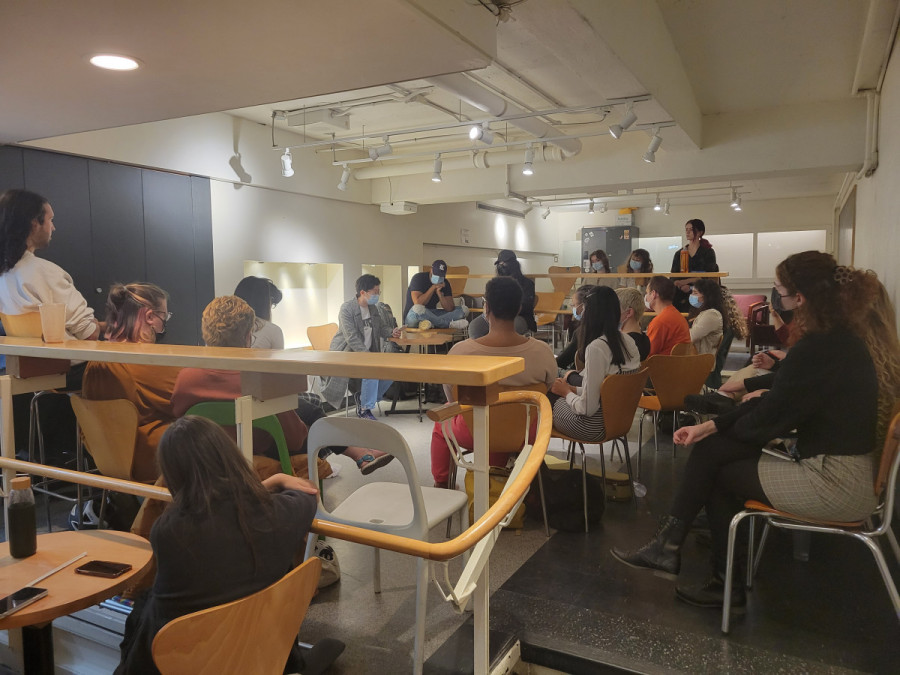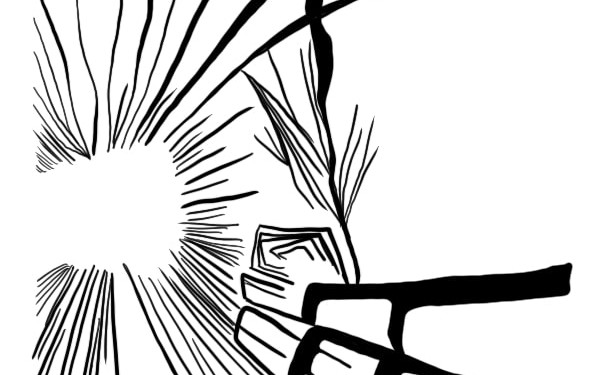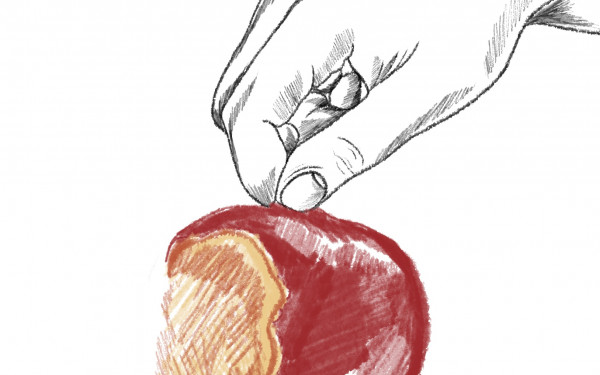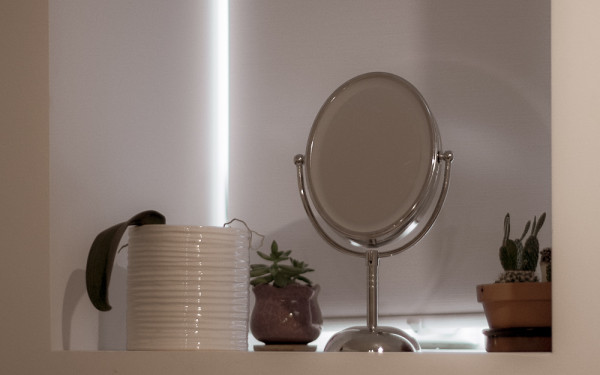Open Poetry Reading Brings pixie literary magazine to the Stage
Concordia’s Literary Community Unites for Night of Lyrics, Limericks, and Longing
On Sept. 30, pixie literary magazine held an open poetry reading at the Hive Cafe. The magazine, whose first two bi-annual print issues will appear this academic year, strives to platform the voices of female and non-binary authors.
pixie is the brain-child of Julia Bifulco, a third year Honours English Literature student minoring in classical languages and literature. Bifulco, who has long been interested in cultivating a stronger literary culture at Concordia, explained that she first thought of pixie after failing to secure the Editor-in-Chief position of Concordia’s undergraduate literary journal Soliloquies Anthology.
“There is, of course, a literary community… for [students], but I really wanted to have something that puts people in connection with other writers,” she said. “I always say I never feel more like a writer than when I’m a reader. That’s the most inspiring, when I read something really great by someone I know. Now I want to go forth and do something similar.”
Bifulco said that after consulting with Sabrina Papandrea, president of Concordia Association for Students in English, about funding and masthead structure, pixie began its recruitment process. The magazine now features three content editors, as well as a head writer and three staff writers who will provide online content leading up to the publication of its print issues at the end of each semester.
For Bifulco, editing should be a conversation between writers and editors. She explained that all writers whose submissions are accepted to pixie will be paired with a specific content editor to facilitate this. Bifulco said this was also the reasoning behind pixie’s open poetry night, explaining that she wanted to cultivate a space where writers could share their work in all stages of development.
In addition to planting stronger literary roots for Concordia writers, Bifulco envisions pixie as a vehicle for platforming female and non-binary authors [though everyone is encouraged to submit].
“[It’s] less of a space where you’re defined by your gender, and more of a space to interact with those themes and submit something that’s very specific to the existence of girlhood or coming to discover your gender identity,” she said.
Bifulco’s enthusiasm was shared by the approximately 40 people in attendance. Writers of all levels and from diverse academic backgrounds—the vast majority of whom were women and non-binary people—participated. Poems were read from copies of published literary journals, crumpled up bits of paper, printed documents, and the notes app on writers’ phones. The Hive’s ceiling lamps illuminated performers like impromptu spotlights.
The diversity of works on display reflected pixie’s mandate to consider all forms of writing for publication. Poetry, music, sections from prose works, and even an essay on the history of poetry events at Concordia were brought forth by participants. Thunderous applause followed each speaker’s performance.
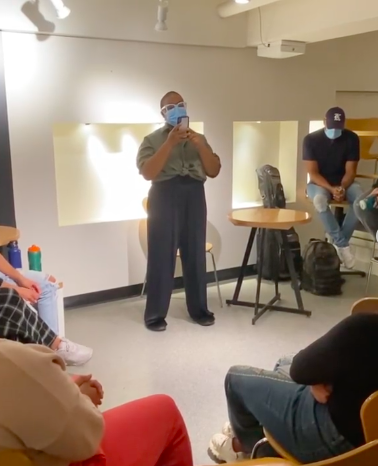
A creative writing student (wishes to be unnamed), performed several original songs on her guitar. They came out as a trans person on stage and stated her agreement with pixie’s mandate to provide an inclusive space for female and non-binary writers.
“Shout out to women!” she exclaimed before launching into an improvised instrumental piece.
Also present at the event were executive members of CASE, Soliloquies Anthology, and other Concordia English and Creative Writing student bodies. Papandrea herself recited several poems, and announced CASE’s support for the budding literary magazine.
Christa Fusaro, who was among the performers, is a fourth year English and Creative Writing student and one of pixie’s new staff writers. She said she’s excited about the conversational approach to writing and editing pixie plans on bringing to Concordia’s literary community.
“What I think is really important about these events is [open] readings,” she said. “Writing something and having somebody read it is different from having that author speak it out loud. It really changes the way people might perceive the piece.”
Morgan Kittson, one of pixie’s content editors, agreed and said she’s excited about the near limitless possibilities for what can be submitted to the magazine.
“Prose, poetry or visual art, I want [to see] something that’s boundary crossing which wouldn’t be found in these established journals,” she said. “There's just something so exciting about someone showing up with this raw piece of art that you get to help them process.”
The reading lasted two hours, and featured participants who had registered beforehand as well as an open-mic portion where everyone was welcome to read.
Finley Briggs-Webb was the last poet to perform. She said this was the first time she had read her poems aloud to an audience, and thanked pixie for fostering a space where work from all writers was welcome.
“I’m a reader first and foremost, and people have been reading really good poetry here,” she said. “It’s so important to remember that poetry doesn’t have to be [finished] to be meaningful.”
pixie is currently open to submissions from everyone until Oct 7. All those looking to submit should send their work to pixielitmag@gmail.com. Their first issue will appear in print near the end of the fall semester.

